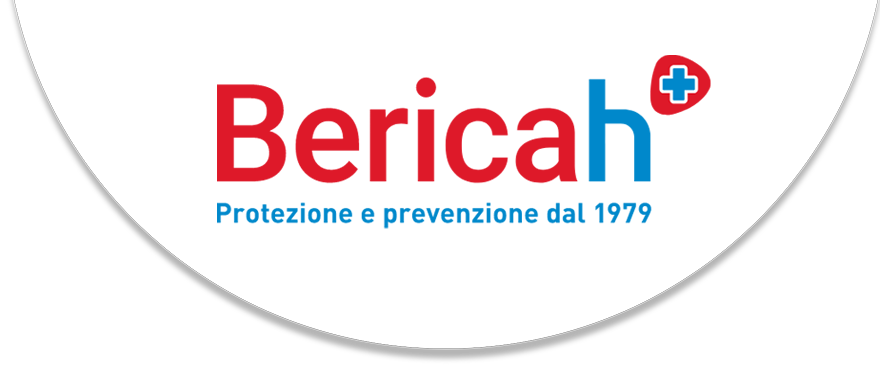
UNI EN ISO 13485:2016
Quality Management System for Medical Devices
Perhaps more than any other type of product, the quality of medical devices directly impacts their effectiveness and the safety of patients, users, and, where applicable, others.
For this reason, most national regulatory schemes require manufacturers and suppliers of medical devices to establish an internal quality management system that has been independently evaluated and verified. Medical devices manufactured or supplied by organizations without a verified quality management system are regularly prohibited from legal entry into major markets, often resulting in delays in access and loss of earning opportunities.
Originally developed in the 1990s, the detailed requirements of the ISO 13485 standard establish a quality management system that meets the requirements and regulations of customers in the European Union (EU), Canada, and other important jurisdictions worldwide.
ISO 13485 has a scope and intent similar to ISO 9001 but includes additional specific requirements for medical devices, excluding certain provisions of ISO 9001. Therefore, in most jurisdictions, ISO 9001 certification is not an acceptable substitute for ISO 13485 certification.
In the EU, the ISO 13485 standard requirements have been harmonized with the essential requirements of the EU Medical Devices Directive (93/42/EEC), the directive for in vitro diagnostic medical devices (98/79/EC), and the directive for active implantable medical devices (90/385/EEC). ISO 13485 certification by an accredited Certification Body provides a presumption of conformity with the essential requirements of these important directives.
The benefits of UNI EN ISO 13485 certification:
- For manufacturers of Medical Devices, EN ISO 13485:2016 certification provides a presumption of conformity of the quality system when assessing the requirements for CE Marking conducted by a Notified Body.
- For manufacturers of Class I Medical Devices (self-certification), EN ISO 13485:2016 allows for direct and independent verification of activities prepared to meet the requirements of Directive 47/2007, which is a prerequisite for any market surveillance activities carried out by the Ministry of Health.
- For companies that distribute or market medical products and companies that provide services related to devices, UNI EN ISO 13485 certification allows participation in public tenders published by public administrations
ISO 13485 is the internationally recognized standard for quality management systems in the medical device industry and is intended to be used by any organization involved in the design, development, production, installation, and technical support of medical devices or related services.
What does the UNI EN ISO 13485 standard include?
- It focuses on activities associated with effectively using feedback information to ensure the satisfaction of safety and performance requirements of devices throughout their entire lifecycle
- It emphasizes the need for evaluating the “Usability” of medical devices
- It considers the roles and responsibilities of various parties involved in the device lifecycle: suppliers, logistics service providers, distributors, importers, etc.
- It recognizes service providers, processes, and sub-assemblies as significant entities in the realization of medical devices
- It introduces the requirement for design transfer. It includes new requirements for post-market product monitoring
- It requires validation of software used for the quality management system and software involved in production and service delivery processes
- It places significant emphasis on a risk-based approach to process management
ISO 13485 is based on the Plan, Do, Check, Act (PDCA) cycle of ISO 9001 and has been designed in compliance with existing regulations. It is characterized by a more prescriptive nature and requires more detailed documentation of the management system.
Watch the video summary of this page
For any Doubts or Questions, please Contact our Quality Office.
+39.0444.240522 qualita@bericah.it





